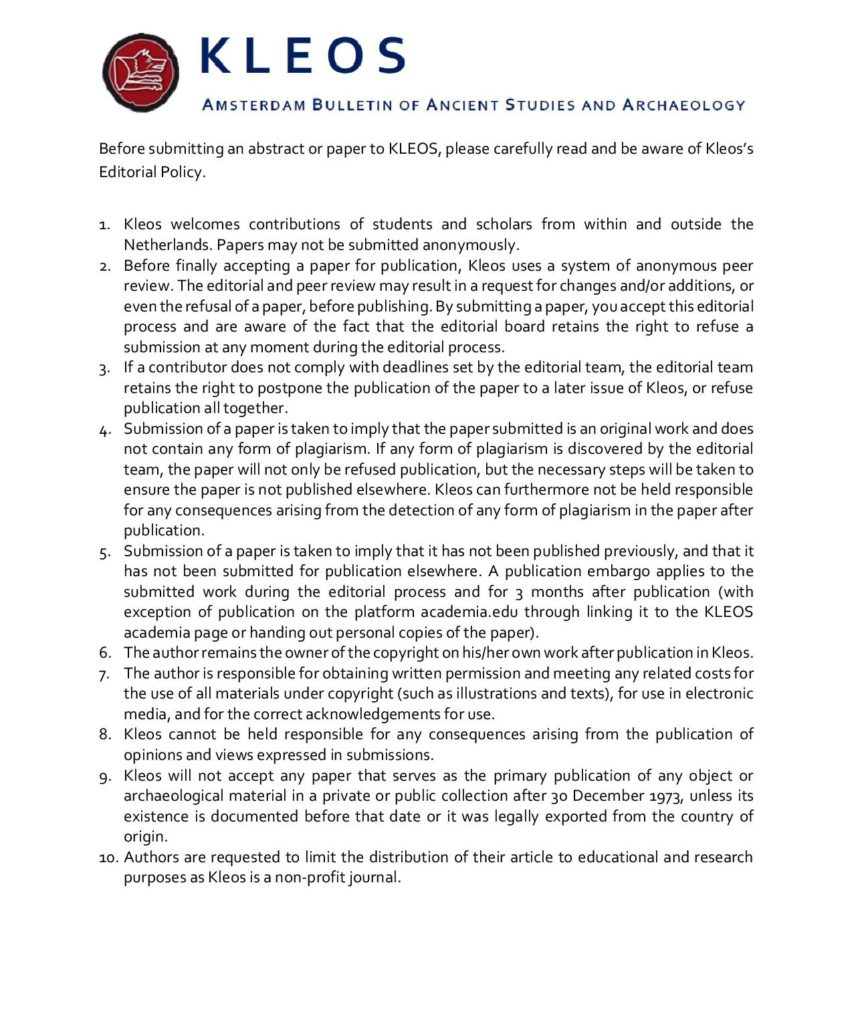





Who are we?
Kleos is run by an interdisciplinary editorial team of volunteer master students, PhDs and graduates of the Amsterdam Centre for Ancient Studies and Archaeology (ACASA) of the Vrije Universiteit Amsterdam and the Universiteit van Amsterdam. Each main field – classics, ancient history and archaeology – is represented by multiple editors.
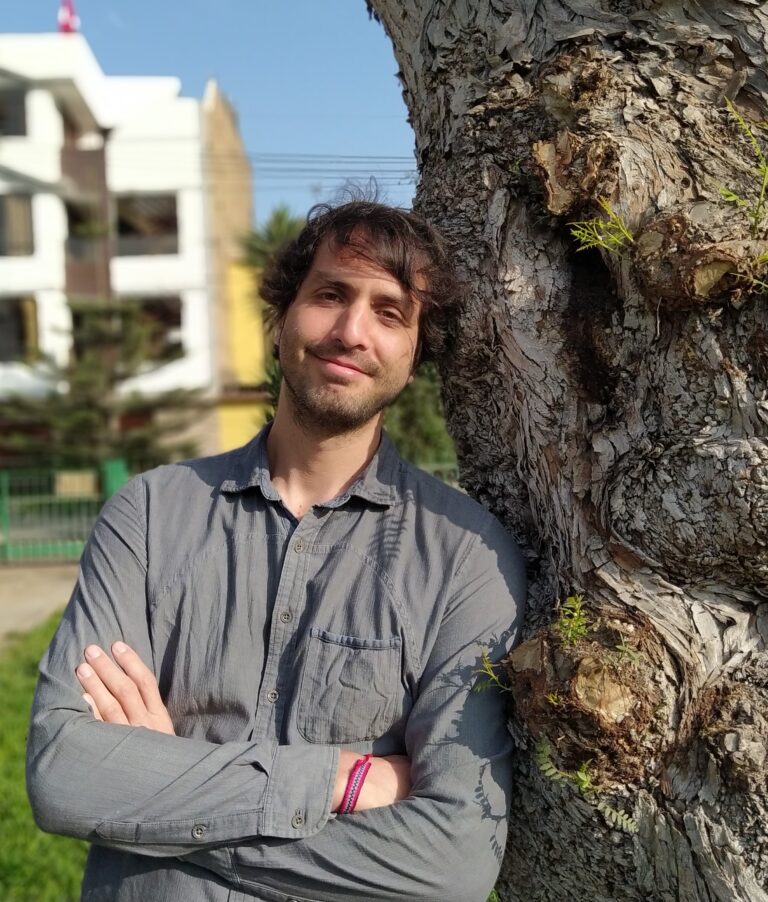
Levan Losaberidze (Archaeology)
Hi, my name is Levan and I am an archaeologist from Georgia. I hold two master’s degrees in archaeology, one from Ilia State University (Georgia) and a joint degree from Instituto Politécnico de Tomar (Portugal) and Università degli Studi di Ferrara (Italy). I have been working on archaeological excavations since 2014, and have taken part in fieldwork in several countries, including Georgia, Italy, Portugal, and the UAE. My main interest in archaeological research lies in rock art studies and prehistoric archaeology, primarily in the Caucasus and the Middle East. I am excited to be a part of the Kleos editorial board, where I can share my experience, learn from my colleagues, and support young scholars in publishing their research.
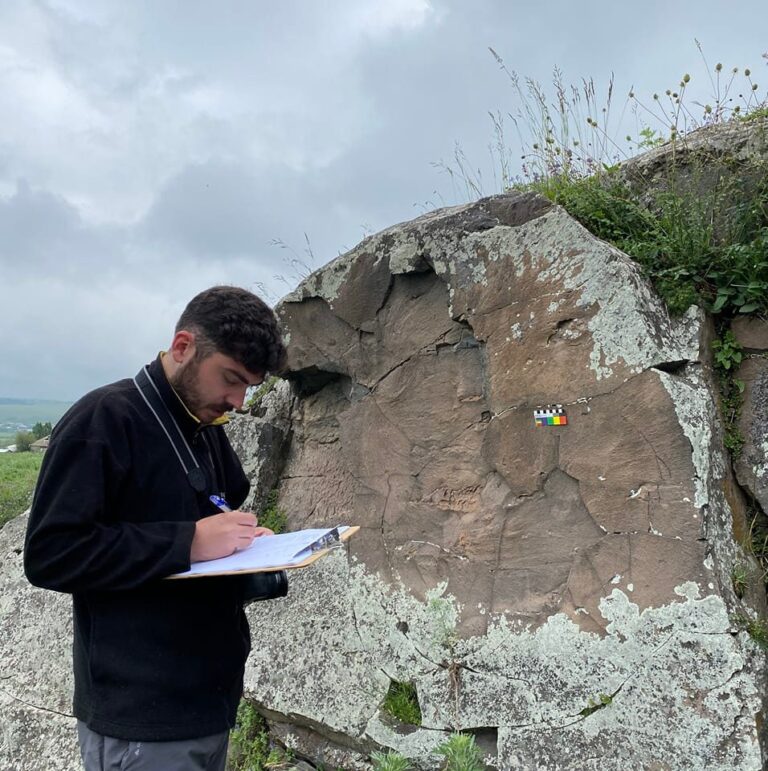
Olá! Hi! My name is Sílvia, and I’m currently a PhD student at the University of Santiago de Compostela (Spain). I have a degree in Archaeology from University of Porto (Portugal) and a master’s degree in Archaeology from the University of Minho, Braga (Portugal). I’ve been working in preventive archaeology since 2019, I’ve collaborated in several archaeological projects in Portugal and in Spain and also participated in the KNIR internship Digital Field Survey Archaeology in Portugal. My main interest in archaeological research focuses on how Landscape Archaeology, and especially noninvasive methodologies, (survey, GIS, remote sensing) can provide a wide range of information and formulate questions about human behavior in any given time period. I’m very happy to be a part of this editorial team and eager to help young researchers!
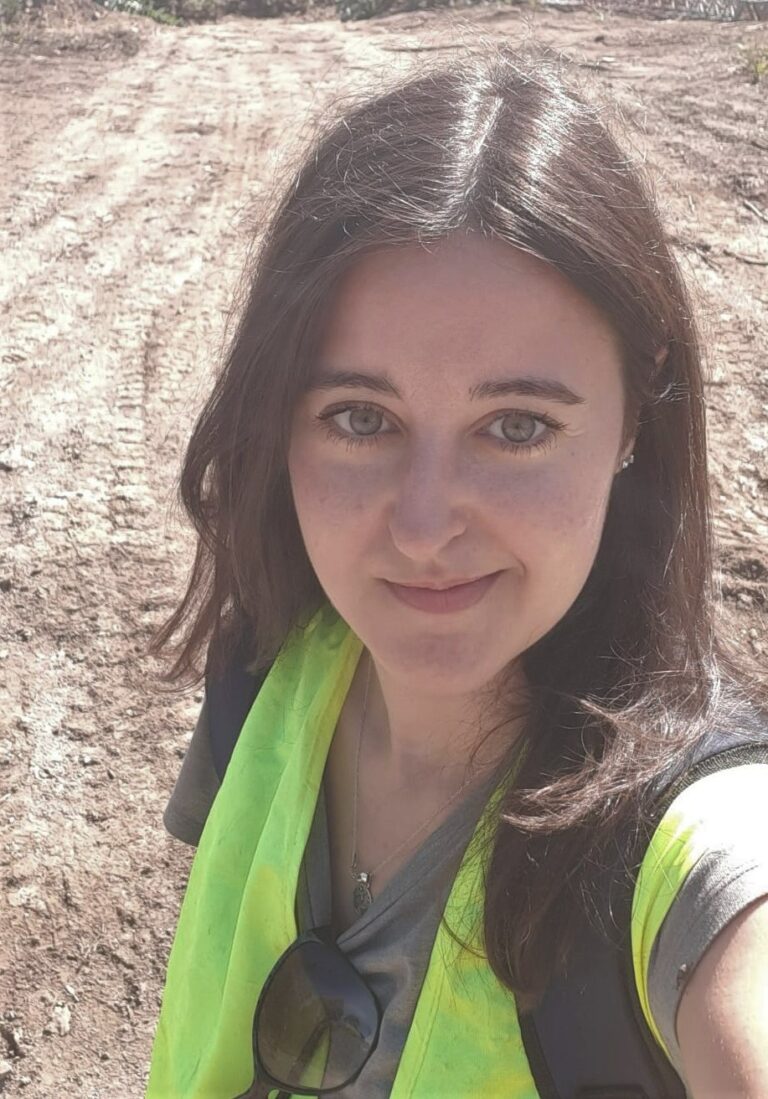
Aurora Hamm (archaeology)
Hi, I am Aurora. I am a Research Master’s student in Heritage, Memory and Archaeology at UvA. My previous academic background consists of a BA in History and Political Science at the University of Bonn and a BA in Art History at the University of Vienna. My main interest lies in the use of material culture in modern politics. This includes (colonial) restitution, reconstruction of built heritage or the use of memory and identity by political actors. I am excited to join the Kleos editorial board to sharpen my writing, research and editing skills and look forward to the work we will do together.
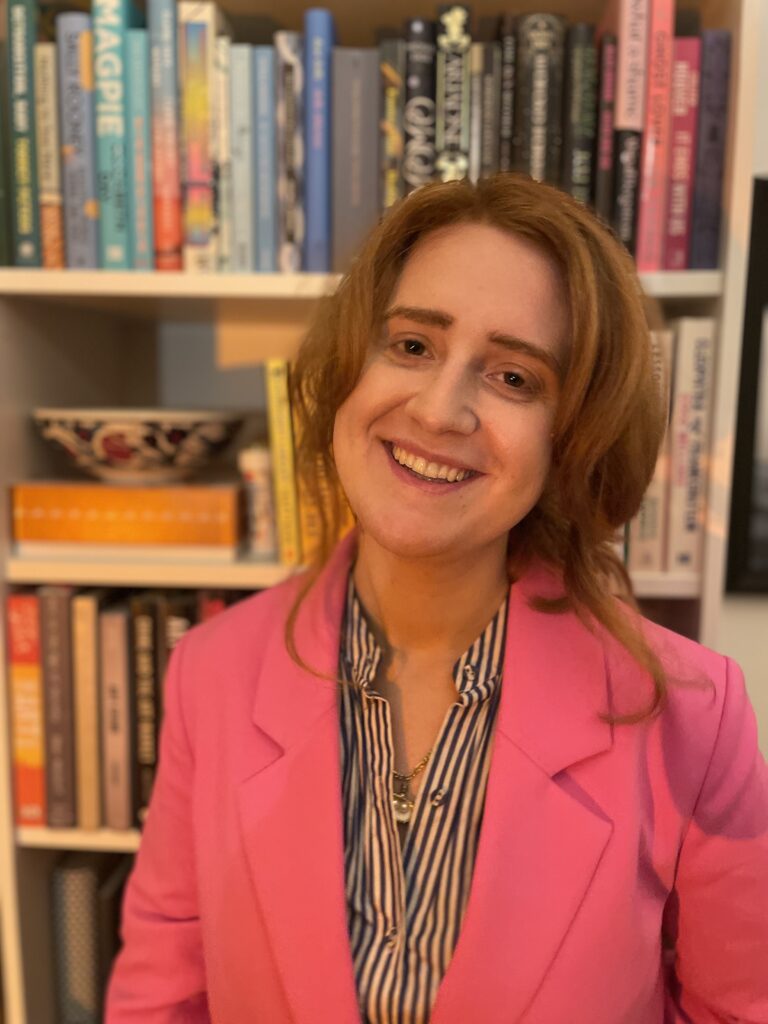
Hello, I am Orgesa and I have recently completed my MA degree in Ancient History at the University of Groningen. I am passionate about studying the ancient civilizations of the Mediterranean and Mesopotamian regions, as well as the Scythian civilization in the Black Sea area. My research focus is the cultural history of these civilizations and how they have been pictured in the sources. I am looking forward to working with the Kleos Team and contributing to their research and projects.
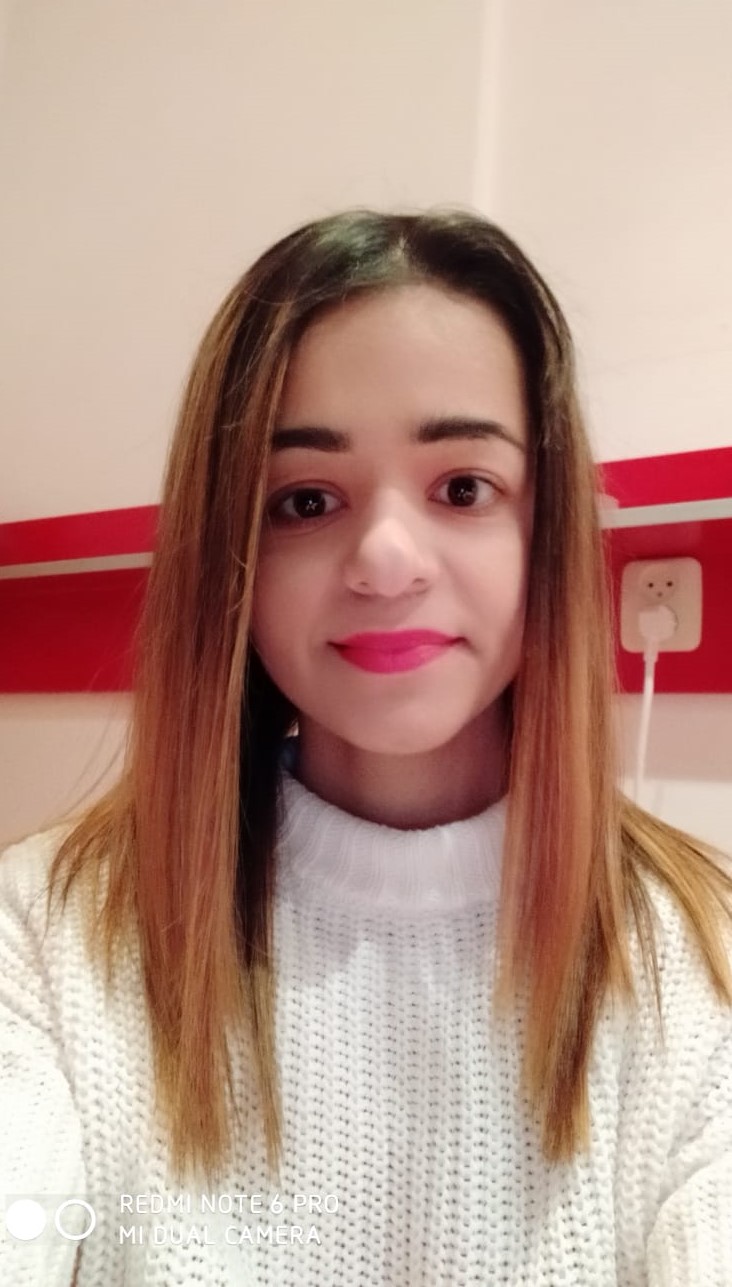
Reinier Langerak (ancient History)
My name is Reinier Langerak. In 2020 I finished the RMA Ancient, Medieval, and Renaissance Studies at the University of Utrecht after previously having completed the BA History there. My historical interests lie primarily with the manner in which Roman emperors tried to legitimize their reigns and, specifically , how some Roman historiographers attempted to undermine these efforts. Especially the way the historiographical denial of the legitimacy of emperors became over time bound to certain formulae and tropes fascinates me. For my Master thesis I examined how the Severan empresses were used in Roman historiography as archetypal rhetorical devices to criticize their imperial male kin. Constants in my research are the depiction of women and the East in the Roman imagination. I am excited to join the Kleos team and to come into contact with fresh and inspiring research!
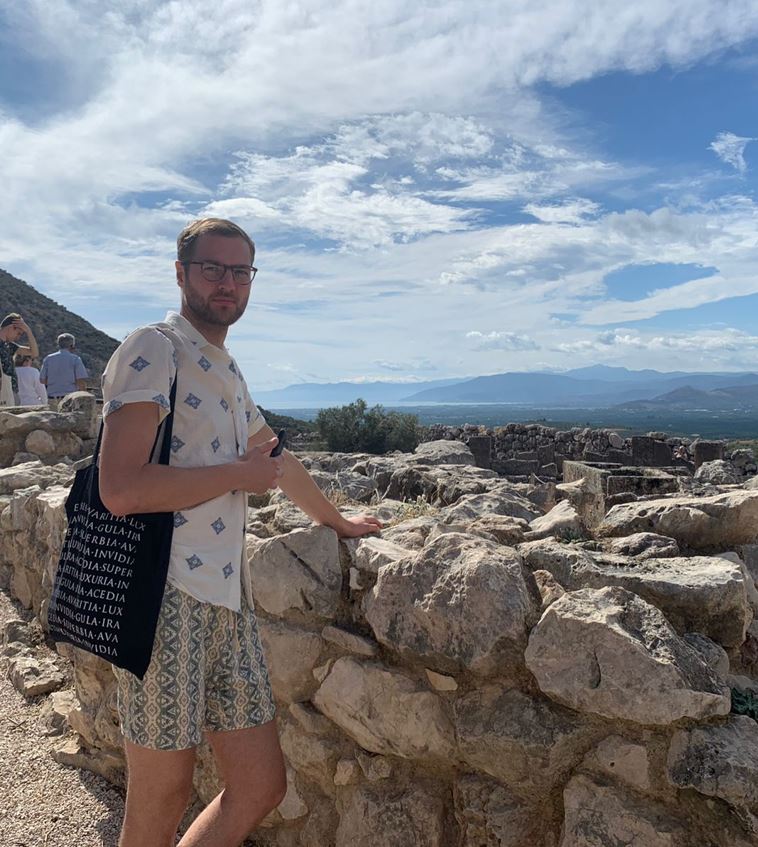
Stefan Dingemans (ancient History)
Hello, my name is Stefan Dingemans. I am a Research MA student in the Ancient Track at the University of Utrecht. This is also where I did my bachelor Geschiedenis. During my studies I have specialized in ancient culture and archaeology through minors I took. Numismatics and Jewish history also bear my interest, those came to me via courses in Rome and through my thesis research (BA + MA). My main focus, however, is the way other peoples – such as the Jews – came in contact with the Romans or each other within the framework of the Roman Empire in the 1st four centuries of the common era. I am looking forward to work together with exciting peers and interesting new research to make Kleos even better.
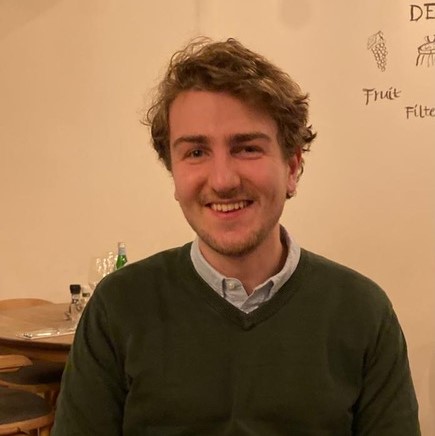
Aron Ouwerkerk (Classics)
My name is Aron Ouwerkerk. I teach Ancient Greek and Latin at a high school in Utrecht and do part-time work as a proofreader and translator of postclassical Latin texts. I have studied at the Accademia Vivarium Novum (Frascati, Italy) and completed my Bachelor’s in Classics at the University of Amsterdam. After my Bachelor’s, I obtained my Master’s degree in Ancient, Medieval, and Renaissance Studies at Utrecht University, specializing in the intellectual history and Neo-Latin literature of the early modern Low Countries. My research is primarily focused on the lives and works of women authors who wrote in Latin. I thoroughly enjoy reading, studying, and writing about the reception of Greco-Roman antiquity in the postclassical world – a fascinating field in which much remains to be explored. I hope that my passion for Classics and Reception Studies will fruitfully contribute to the future work of emerging scholars.
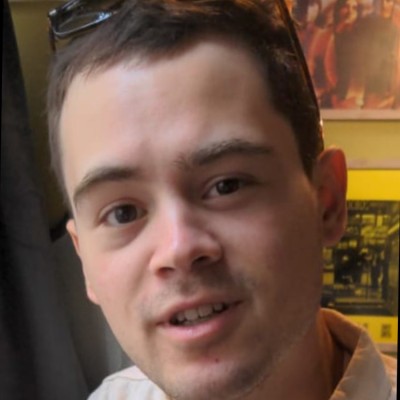
Lorenzo Iuliano (Classics)
Hi! My name is Lorenzo and I am a Phd student at Durham University. Before coming to the United Kingdom, I received a bachelor’s and master’s degree in Classics at Pavia University (Italy) and a master’s degree in Humanities at IUSS (Italy). At Durham I am investigating how Empedocles, a pre-socratic philosopher who wrote an hexametric poem in the V century BCE, influenced certain aspects of Latin epic and why his style of poetry had such an impact. This project fits in my general interest for ancient cosmology which has also lead me to study other philosophers, such as Parmenides and Xenophanes. I am really excited to join the Kleos editorial board and I am looking forward to reading innovative articles on the ancient world.
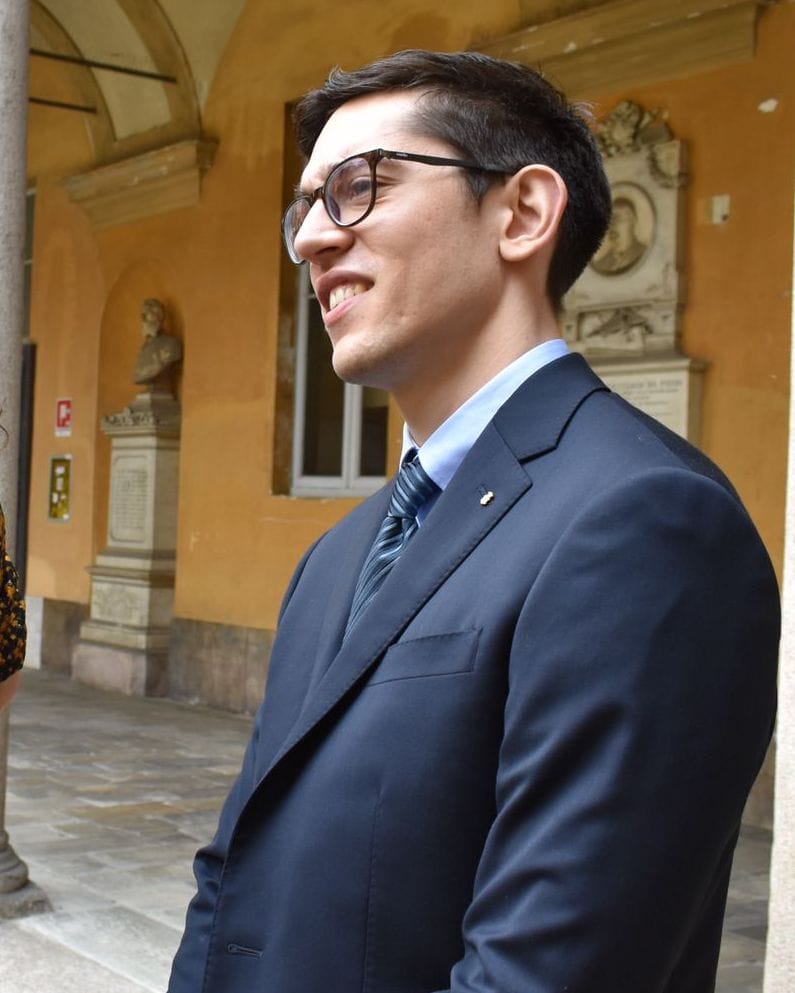
Hi everyone, I am Bas Wagenaar. I currently work as a teacher in Greek and Latin at a secondary school in Hoorn. I am also the secretary of Ex Oriente Lux Amsterdam, through which I organise lectures in the field of Greek, Latin and Mesopotamian classics. I have completed both my Bachelor and Master in Classics at the VU/UvA, specialisation Greek and Latin. During my study, I have also followed many courses in Mesopotamian (mostly cuneiform) languages and cultures. It is my goal to bring the study of classics in a broader sense to a broader public. To show more people than just the scientific world that Classics does not only deal with Greek and Latin, in the past, but also for example with Mesopotamia, in the world of today. In my role as a teacher I am developing material to accomplish this goal, and through being an editor I hope to address even more people, while in the process I also hope to become more experienced in the field of editing and publishing articles.
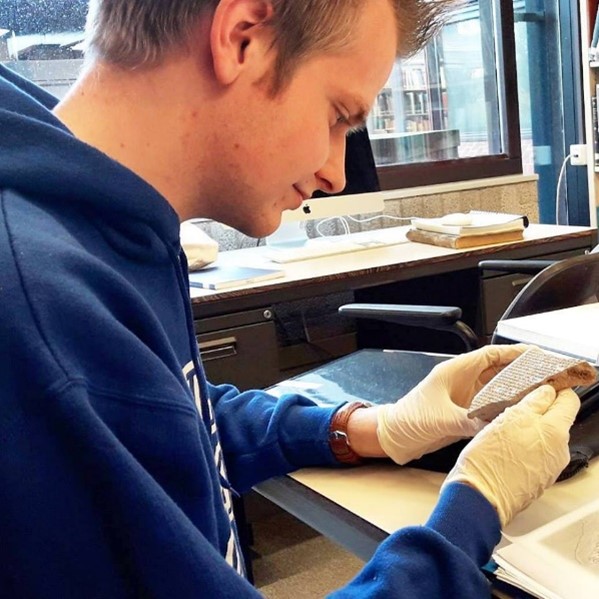
Editorial Policy
You can find our editorial policy here:
